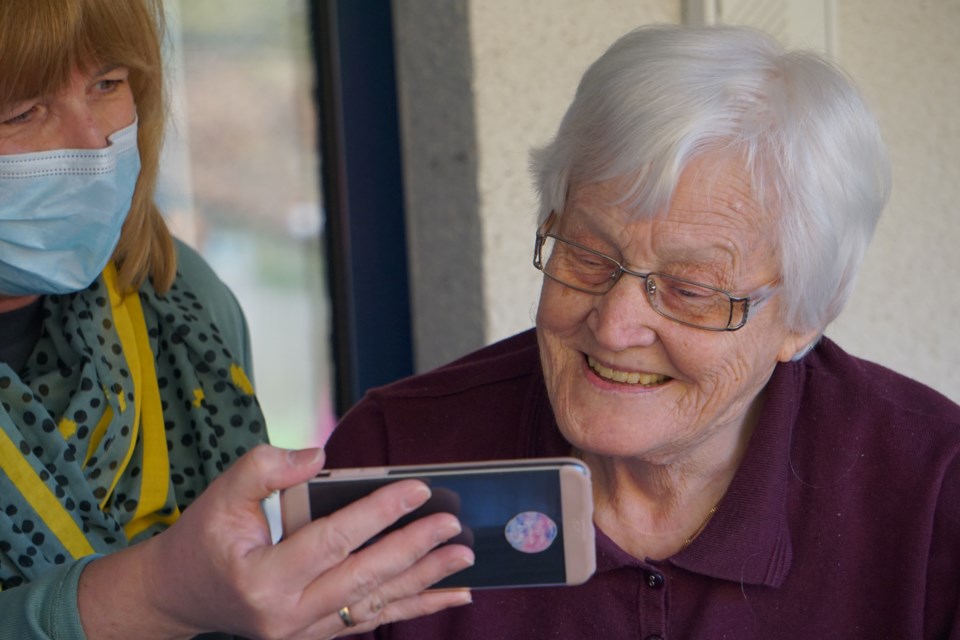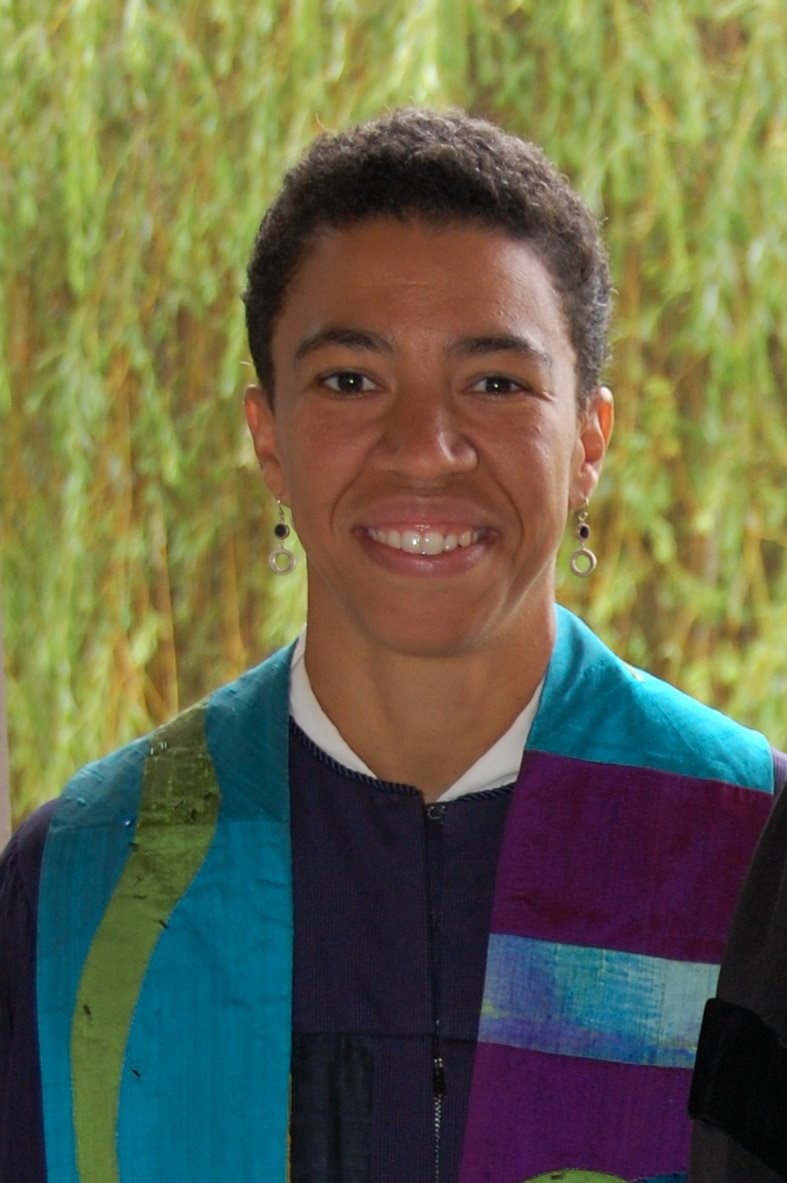Seven months into the Covid pandemic, the impact and challenges have shifted. Initially, we have may have changed some of our routines or adjusted  to having kids at home and thought—“I can do this.” The summer months allowed us to be outside enjoying the glorious beauty of this area, and some semblance of “normalcy” even though we still had to leave distance between us and those nearby in the park or at the beach. With the turn of the season, however, things feel different and it’s not just the weather.
to having kids at home and thought—“I can do this.” The summer months allowed us to be outside enjoying the glorious beauty of this area, and some semblance of “normalcy” even though we still had to leave distance between us and those nearby in the park or at the beach. With the turn of the season, however, things feel different and it’s not just the weather.
I sense that the Fall has brought with it a new level of reckoning with all the virus has wrought. The absences and losses are piling up. The limitations on our ability to move about freely and connect are not simply inconvenient, they feel more stifling. When will I see them again? Will my aging relative still be here when I can travel again? Can we reschedule that wedding or memorial service that we had to postpone? In many ways, as the pandemic’s toll has grown from short-term inconvenience to long-term change it has become harder to just keep plugging away. We are more aware of what has been lost.
As I connect with friends and family and members of our congregation this Fall, I notice how many of them are carrying so much. It feels like layers of grief and worry and work and life are pressing down on them. How do we hold it all? Worry about our world and its future with impending elections on both sides of the border, have fear running high. Anxiety about the virus and whether the second wave will imperil more people we love, has led to more worry about everyday tasks—going to school, going to the grocery store. Grief and loss of the ability to visit those we love and, in some cases deaths, Covid-related or not, have led to lots of collective and personal sadness. How do we hold it all?
What are the rituals or spaces you are creating in your life to help you hold all you are being asked to hold in this time? Do you journal each day? Go for long walks in which you just reflect on the state of your life? Do you make sure that you have time each week to connect with friends or family that you are unable to see in person? How are you caring for yourself in this time when that has become increasingly difficult?
A friend of mine said that she had recently heard someone opine that the spiritual task for all of us now is to move from coping with Covid to adapting to living with Covid in our midst. In talking about this idea with members of our congregation recently we realized three things.
1.) Some of our coping strategies can become healthy adaptions that we carry forward into the post-Covid world.
2.) Some of the adaptations that are needed for this time, have been needed for a long time. They are changes we need to make to value all people more fully.
3.) Some coping mechanisms might work for a brief period of time, but they will not serve us well over the long haul. The long haul has obviously arrived, like it or not.
What will you do to adapt to this Covid time? How are you caring for yourself and those you love? When Covid finally recedes, what will be different, in you and in our world? May we, together, find a way forward that honours our interdependence and lives toward a more sustainable and just future.
 Rev. Shana Lynngood is co-minister of First Unitarian Church of Victoria.
Rev. Shana Lynngood is co-minister of First Unitarian Church of Victoria.
You can read more articles on our interfaith blog, Spiritually Speaking, HERE
* This article was published in the Times Colonist on Saturday, October 24th 2020
Photo by Georg Arthur Pflueger on Unsplash


